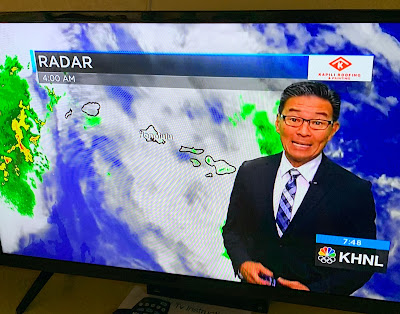"The leader is best when people barely know he exists, not so good when people obey and acclaim him, worst when they despise him." Lao Tzu, Ancient Chinese sage
Columnist David Brooks recently wrote a piece about why right-wing conservatives are gaining ground over traditional liberals. It's a world-wide phenomenon.
The gist of his argument is that non-sectarian liberalism has individualized liberals, whereas the right-wing is held together based on belief in God and Country (err, the flag), a power greater than the individual.
He goes on:
Kindness and moral integrity don’t run as deeply as the power of a strong man and his God-fearing, flag-waving belief system, whether it's a fight to criminalize abortion, hold onto our loaded guns or keep nasty immigrants out of our country. The right has been victimized by woke, and so have you. Make America great again!
The left wing has turned their focus from Christian religion to education and intellectual politics as the answer, attempting to imbue basic morals into an imperfect system, an elitist attitude.
A mainstream conservative (not a Trumper), Brooks sees this as a warning as we hurtle toward another National Election pitting two old guys to lead our nation, one a decent but seemingly frail octogenarian and the other a grifter maestro of popular media, who will only accept winning, exhibits no spiritual underpinning other than his own self interest.
I was raised a Catholic, attended parochial schools grades 1 through 12. I was a believer. I had religion, due to deep philosophical reasoning at a very young age. I deemed it a privilege to be an altar boy and recite the Latin prayers. I didn't eat meat on Friday. I went to confession before receiving communion. As I got older, I changed.
The more I learned, especially through literature and history, I slowly let go of my early belief in God and Church. The institution seemed phony and usury and politically motivated. See stories re predatory Catholic priests. The idea of a supreme male authority in the sky and man-written Bibles with contradictory interpretations yet true believers, fall short of believable.
I began to find religion in music, from protest songs to the poetry of Bob Dylan, from the mellifluous words of Crosby, Stills and Nash -- songs like Teach Your Children, Our House, For What It's Worth. The soulful musings of Van Morrison. The cries for peace by John Lennon. The questioning of Marvin Gaye, What’s Goin’ On?
I never had to fight for my country, as my father did in WWII. He saw conflict with Japanese fighter jets in the Pacific Theater while assigned to the battleship, USS Idaho. He fought so I wouldn't have to, nor my children. Today I watch courageous Ukrainians and marvel as they fight for their home land.
Do I have that same gut feeling about my country? Perhaps I should. I hear many liberals say they will leave the U.S. if Trump wins the Presidency. Is this giving up? Where is the patriotism? What is a patriot? The right-wing has stolen its mantle.
We are talking about our United States of America, with liberty and justice for all. (Congress added “under God” to our flag salute in 1954, during a period of anti-communist McCarthyism.)
I am guided by the very basic notion of right and wrong. Do the right thing. My veteran father, hardly a preacher and not a religious man, told me in a letter that he was guided by honesty and fairness. Is that enough, when those virtues are shunned as weakness by tyrants and their loyalists?
As music has changed, I have been drawn to the teachings of Zen Buddhism and involvement with yoga and tai chi, both based on Eastern concepts of physical and spiritual strength and nourishment. Zen Buddhism was founded as an antidote to human suffering. Philosopher, and self-described entertainer, Alan Watts called it “A religion without a religion.”
To a Zen Buddhist monk, the doings around us, what happened yesterday and will happen tomorrow, are not real. They are distractions that interfere with reality: that is, the present moment. That is our gift that incorporates past and future without forcing or doctrine. It can be a place of refuge.
I occasionally reach such moments through yoga, watching children play, riding a wave, looking into another's eyes, laughing or crying together. Then it's gone. Another will come. To know and feel this on a visceral level affirms life. Being in the moment is an art, a discipline of letting go. We inevitably change. Whether we evolve is up to you and me. This is my spiritual understanding.
Brooks may have a point that some liberals have forsaken the idea of a Supreme Being, but I don't believe they've given up on universal truths that hold us together beginning with a belief in human dignity. The nationalism of the far right, as we have witnessed in tragedies like the holocaust, is a dangerous gambit toward mob rule. Evident in chants like "lock her up!"
The so-called strong man reveals inner weakness. He fears his enemies. He mistrusts others. He will finally fail. (Note Hush Money Trial of sleazy dealers all pointing fingers.) We shall overcome, one step at a time. Do the right thing, moment by moment. Do unto others... I don’t remember Jesus waving a flag. Beware of phonies.
Practice deep breathing. Speak with loving kindness.
“The arc of the moral universe is long, but it bends toward justice.” Rev. Martin Luther King








